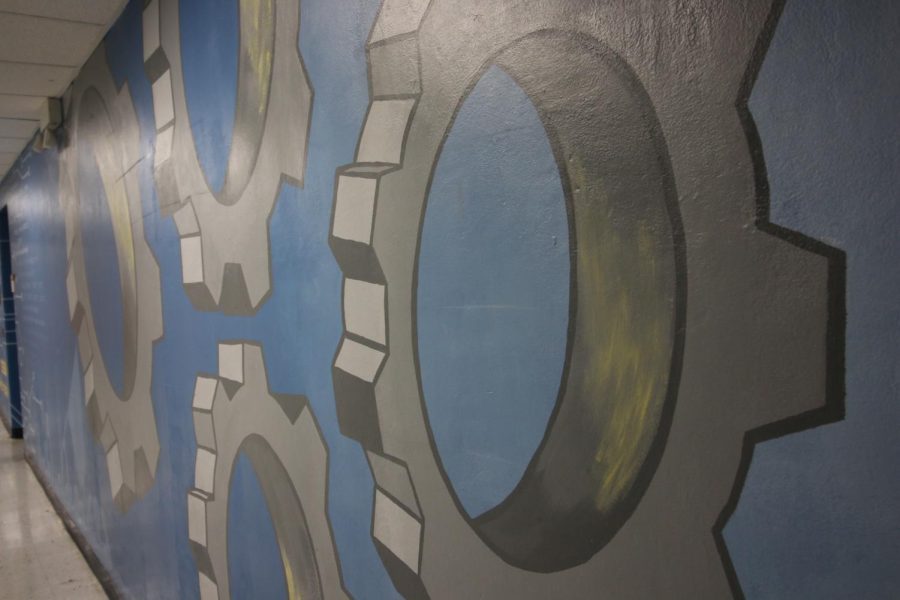High School Engineering Courses: A Bore Or A Building Block?
Teacher Feature Interview Featuring Mr. Pouliot Recorded & Written by Addi Williams
November 30, 2022
When somebody asks you what happens in engineering class you’d probably assume punching in numbers, and following a design, and a high probability of being bored. In an interview with Mr. Pouliot we learn that engineering courses are so much more.
These courses give students the opportunity of liberty, to learn that there can be more than one right answer, and many valuable life skills. 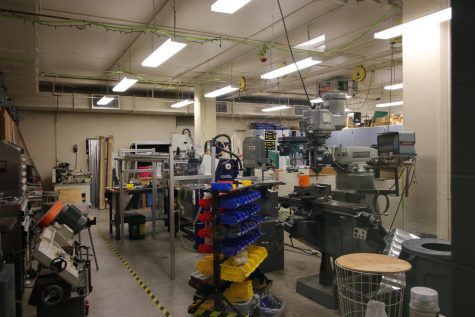
Mr. Pouliot who has been teaching for 19 years, and has taught here at Victor for 3 years, explains to us what he loves about the classes he teaches and what the classes entail for the students. Mr. Pouliot teaches 3 classes such as DDP which is an introduction to engineering, POE which includes the principles of engineering, and also Civil Engineering and Architecture.
Mr. Pouliot’s interest for technology education began when taking technology courses as a high school student, he says “it’s why I do what I do”. Mr. Pouliot’s interest in these courses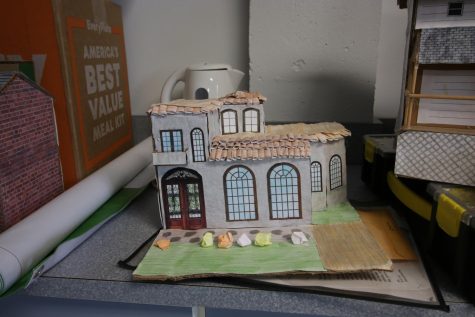 sparked as the “world of technology evolved into an engineering route”.
sparked as the “world of technology evolved into an engineering route”.
Mr. Pouliot “gravitated” towards engineering because he enjoys “the challenge of different problems”. Seeing the kids learn different skills and integrating math and science into their learning “is pretty awesome”.
When asked how he would envision a perfect day at work Mr. Pouliot says he enjoys most days because he likes watching his students figure things out and learning about more “open-ended” subjects where “there is no correct answer, just a lot of different ideas going around the class. It’s fun to watch the students come up with different things each year”.
What Mr. Pouliot likes most about his area of education is the “discovery of information”, as in being able to gain and learn about different tools, whether it’s a strategic math tool, or a physical tool, and applying them to solve problems. “I think that’s a life learned skill for 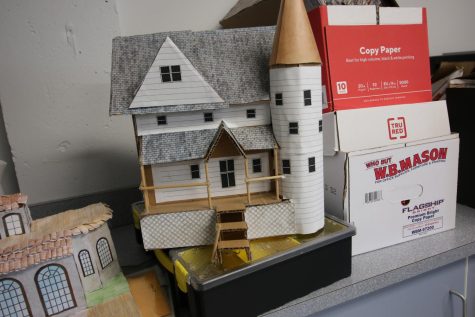 everybody to be able to solve problems with whatever they have available, and how do we figure this out together and work as teams. I think that’s the best part of it”.
everybody to be able to solve problems with whatever they have available, and how do we figure this out together and work as teams. I think that’s the best part of it”.
When asked what he would change about the curriculum Mr. Pouliot explains that the curriculum has already gone through so many changes. Mr. Pouliot elaborates on how the teachers of the technology department meet to “collaborate ideas” and discuss how they can deliver the information to students.
Mr. Pouliot and the other technology teachers use the suggestions of the original curriculum but they mostly integrate their own ideas, in which revolves around the interests of the students “to make it fun, and to make it interesting, and to make it meaningful” in hopes that the students carry what they learn to use in their future.
Mr. Pouliot explains that whether a student follows an engineering career or not, that all the skills that are taught to the students, including both math and science skills, are all a part of problem solving and “that’s a skill that would translate into any career path”.
From an outside perspective engineering courses can seem like a multitude of things, including some that aren’t favorable, but if you take the time to look closer you may learn that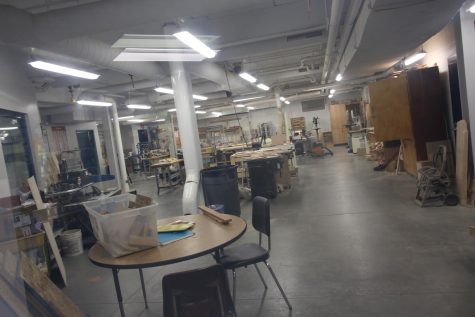 high school engineering courses are a great opportunity for students to learn real life skills, such as problem solving and brainstorming, team work, and completing a task successfully with limited resources.
high school engineering courses are a great opportunity for students to learn real life skills, such as problem solving and brainstorming, team work, and completing a task successfully with limited resources.
These valuable lessons are great building blocks to pave the way for a promising future.


